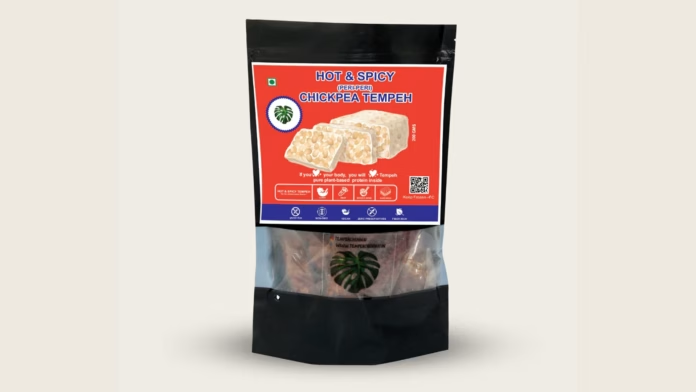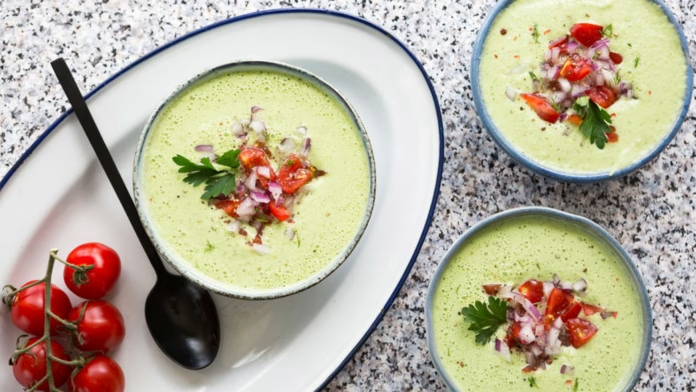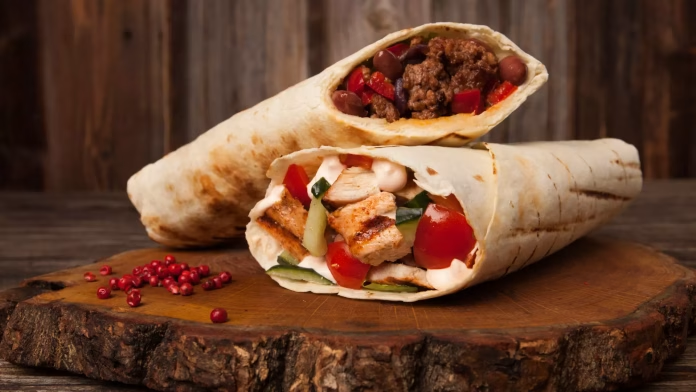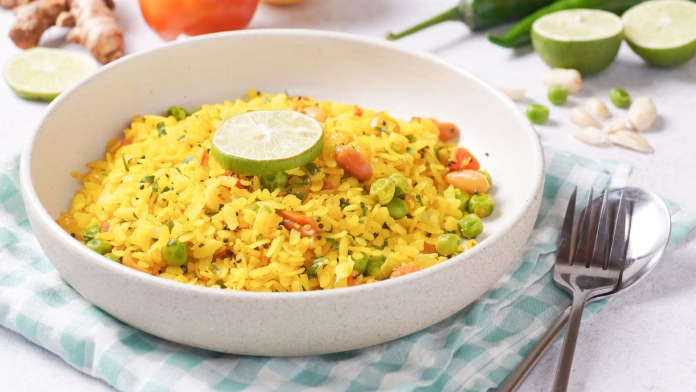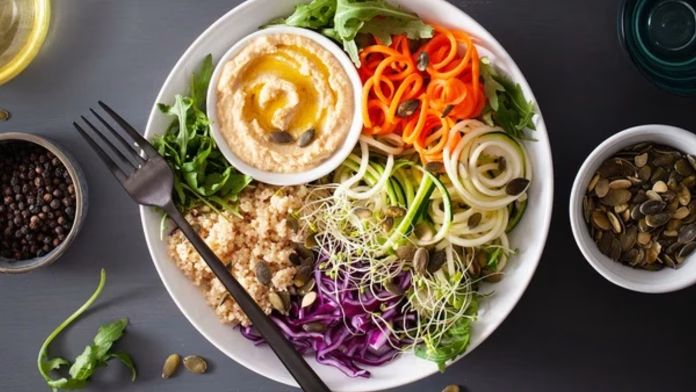For centuries, onions have been used in cooking and medicine for their distinct flavor and healing properties. They are a staple ingredient in many cuisines and are known for their versatility in adding flavor and texture to dishes. But did you know that raw onions are a superfood that can benefit your health in numerous ways?
Raw onions are loaded with antioxidants, vitamins, and minerals that make them a powerhouse of nutrients. In this article, we will explore the nutritional value and health benefits of raw onions, and learn how to incorporate them into our diet.
Nutritional Value of Raw Onions:
Raw onions are low in calories and high in nutrients. One cup of chopped raw onions (160g) contains:
- Calories: 64
- Protein: 1.76g
- Carbohydrates: 14.9g
- Fiber: 2.7g
- Fat: 0.15g
- Vitamin C: 11mg (12% of daily value)
- Vitamin B6: 0.2mg (10% of daily value)
- Folate: 40mcg (10% of daily value)
- Potassium: 233mg (5% of daily value)
- Manganese: 0.2mg (9% of daily value)
Raw onions are also a good source of quercetin, a flavonoid with antioxidant and anti-inflammatory properties.
Health Benefits of Eating Raw Onions:
- Boosts Immunity:
Raw onions are a rich source of vitamin C, which plays a vital role in boosting the immune system. Vitamin C helps produce white blood cells, which fight off infections and diseases. Onions also contain phytochemicals such as allicin, which have antimicrobial properties that can help ward off infections.
- Anti-Cancer Properties:
Raw onions contain sulfur compounds that have been linked to a reduced risk of certain types of cancer, including stomach, colon, and prostate cancer. The quercetin in onions has also been shown to have anti-cancer properties by inhibiting the growth of cancer cells and inducing apoptosis (cell death) in cancer cells.
- Lowers Cholesterol Levels:
Raw onions contain compounds called flavonoids, which have been shown to lower cholesterol levels in the body. Quercetin, in particular, has been found to lower LDL (bad) cholesterol levels and raise HDL (good) cholesterol levels.
- Promotes Heart Health:
Raw onions have numerous heart-healthy benefits. They contain antioxidants that protect against oxidative damage and inflammation, both of which are risk factors for heart disease. The sulfur compounds in onions have also been shown to lower blood pressure, reduce blood clotting, and improve blood vessel function.
- Regulates Blood Sugar Levels:
Raw onions have a low glycemic index, meaning they do not cause a rapid spike in blood sugar levels. They also contain compounds that help regulate blood sugar levels, making them a good addition to a diabetic diet.
- Improves Digestion:
Raw onions contain fiber and prebiotics, which promote good gut health and aid in digestion. They also contain enzymes that help break down food, making them beneficial for people with digestive issues.
- Improves Bone Health:
Raw onions contain a variety of minerals, including calcium, magnesium, and phosphorus, which are essential for strong bones. They also contain compounds that help increase bone density and reduce the risk of osteoporosis.
- Improves Skin and Hair Health:
The antioxidants in raw onions help protect the skin from damage caused by free radicals, which can lead to premature aging. They also contain sulfur compounds that promote healthy hair growth and prevent hair loss.
- Helps Fight Inflammation and Allergies:
Raw onions contain anti-inflammatory compounds that can help reduce inflammation in the body, which is a root cause of many chronic diseases. They also contain quercetin, which has been shown to help alleviate symptoms of allergies such as runny nose and watery eyes.
How to Incorporate Raw Onions into Your Diet:
Raw onions can be eaten raw, cooked, or pickled, and are a versatile ingredient that can be used in many dishes. Here are some ways to incorporate raw onions into your diet:
- Add sliced raw onions to sandwiches and burgers
- Use diced raw onions in salads and salsas
- Use raw onion rings as a topping for soups and stews
- Add chopped raw onions to omelets and scrambled eggs
- Use raw onions as a base for dips and spreads
- Add raw onions to marinades and dressings for added flavor
Precautions and Side Effects:
While raw onions are generally safe to consume, they may cause some side effects in certain individuals. Some people may experience digestive issues such as bloating and gas when consuming raw onions. They may also cause bad breath and body odor due to their sulfur content.
Raw onions can also interact with certain medications, including blood thinners and diabetes medications. If you are taking any medication, consult your doctor before adding raw onions to your diet.
Raw onions are a superfood that can benefit your health in numerous ways. They are low in calories and high in nutrients, and are a good source of antioxidants, vitamins, and minerals. Raw onions have been linked to a reduced risk of cancer, heart disease, and diabetes, and can promote good gut health and improve bone density.
Incorporating raw onions into your diet is easy and can add flavor and texture to many dishes. However, if you experience any side effects or are taking any medications, it is important to consult your doctor before adding raw onions to your diet.


